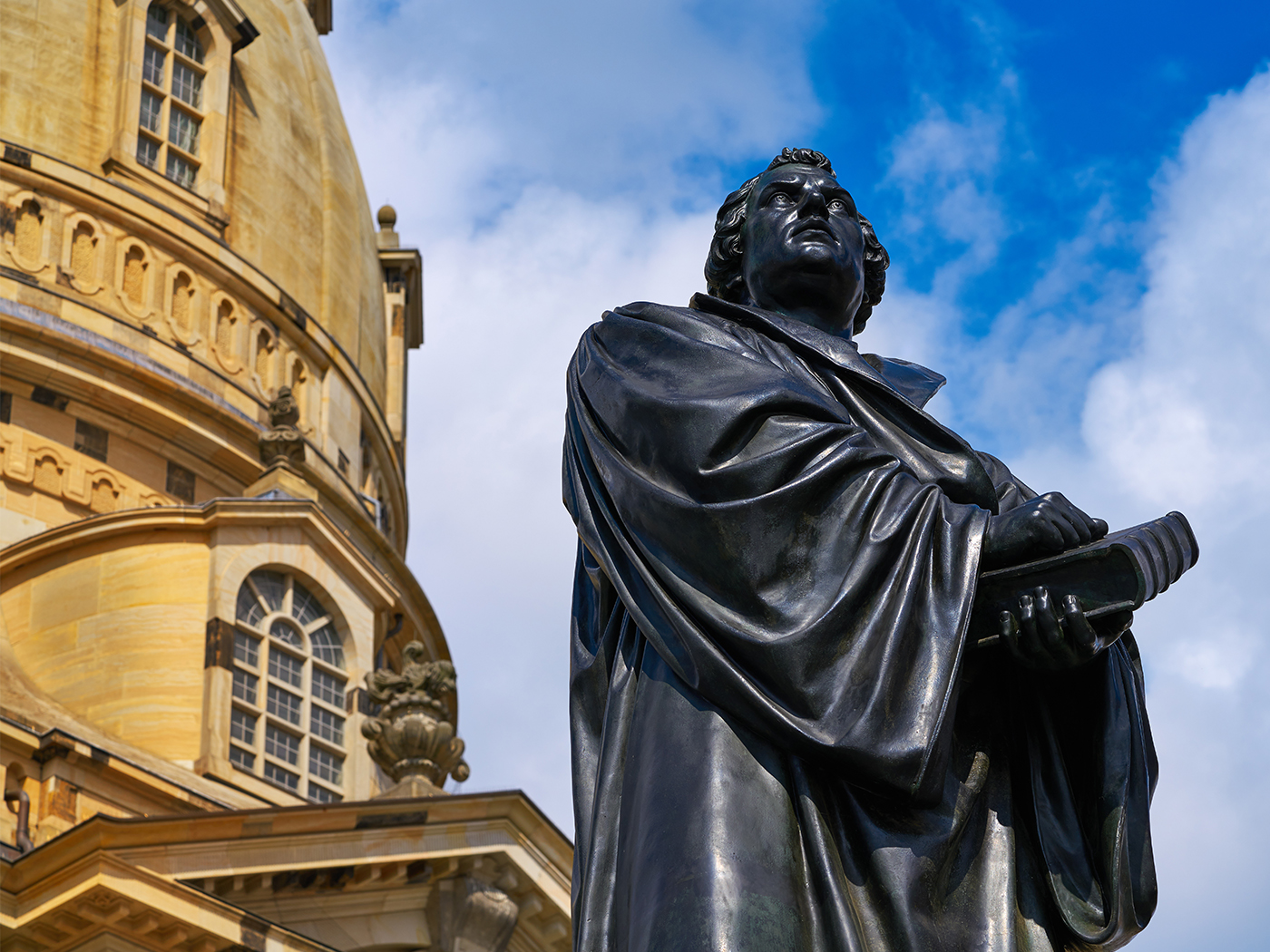Fossils clearly show that some birds used to have small teeth, but most birds today do not have teeth. When and how did this change happen? A new study in the journal Science makes a few unfounded conclusions.1
The Science team studied 46 genomes from the class Aves, which includes all birds. Each genome represented one of 46 major groups, including perching birds, birds of prey, swimming, tropical, and flightless birds. The study authors zoomed in on six key genes that toothed mammals and reptiles use in tooth formation today, finding that the bird versions of these six genes all look very different.
Even though hundreds of genes are involved in making teeth, the study authors attributed most of the differences in these six genes to genetic alterations like deleted exons, frameshift mutations, inserted stop codons, and splice-site mutations. These modifications are known to happen, but they do not always indicate that an altered gene does not function.2 Thus, before concluding that bird-tooth loss evolved through random genetic changes, scientists need to show why these alleged genetic changes could not have happened by design.
Because all six genes in today's birds have some of these supposed alterations—assuming that these genes have been altered from a code that once built bird teeth—the study authors concluded that all birds evolved from a single common ancestor that suffered tooth loss millions of years ago. However, this conclusion rests on the often-quoted, but impossible assumption, that all modern bird kinds evolved from one ancestor that had evolved from a dinosaur.
They wrote, "Modern birds share a common ancestry with toothed, maniraptoran theropod dinosaurs," and, "We estimate that tooth loss, or at least the loss of enamel caps that provide the outer layer of mineralized teeth, occurred about 116 million years ago."1 But if one concludes that all birds inherited tooth loss from an ancestor by assuming that all birds evolved from that supposed ancestor, then one has merely reasoned in a circle.
Besides, if all birds descended from a single ancestor that had lost the integrity of its tooth genes, then shouldn't all 46 of the birds they tested have inherited the same genetic mishap? Instead, the study authors found an array of gene alterations. And for that matter, shouldn't these supposedly broken genes have mutated beyond recognition after 116 million years of change?
Options other than broken-down tooth genes might better explain what these study authors found. For example, they wrote, "Previous studies have documented that [the six tooth genes] are expressed outside of tooth development."1 They then dismissed the idea that these genes have any critical functions by asserting that if the genes were critical to bird life, then they would have been maintained instead of altered. But what about the possibility that birds maintain the genes in their current forms for important uses? In other words, the study authors assumed that the genes were altered before they even came to the conclusion that the genes were altered in a common ancestor—another circular argument.
Maybe what these authors have interpreted as broken genes actually do something useful in bird tissues, like serving as regulatory RNA switches or signals as a bird develops inside its egg—but that would contradict their conclusions. After all, the genes are actively expressed and apparently functional. They are not dead sequences at all. If tooth loss in some birds did occur via corrupted genes, then this is a process of information loss—not upward evolutionary improvement. For all we really know, God originally intended these six genes to perform the same tasks "outside of tooth development" that they do today. The fact that modern birds do use these tooth genes takes a bite out of the idea that the six genes are corruptions—a conclusion that relies more on circular reasoning than on scientific observations.
References
- Meredith, R.W. et al. 2014. Evidence for a single loss of mineralized teeth in the common avian ancestor. Science. 346 (6215): 1254390-1-1254390-6.
- Wells, J. 2011. The Myth of Junk DNA. Seattle: Discovery Institute Press.
*Mr. Thomas is Science Writer at the Institute for Creation Research.
Article posted on December 25, 2014.

















